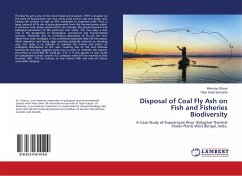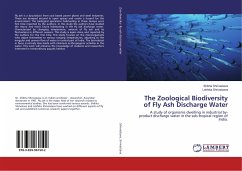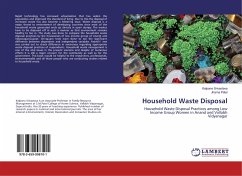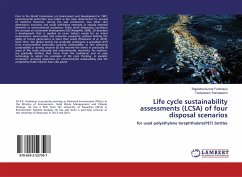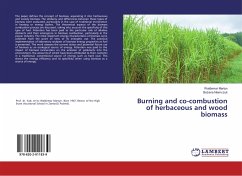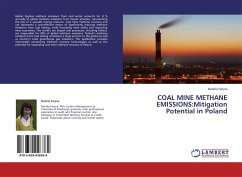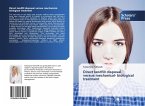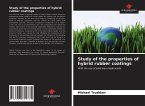Thermal fly ash is one of the most important products. KTPS is situated on the bank of Rupnarayan river (our study area) and its uses low grade coal, having ash content as high as 45% compared to imported coals. Thus, a large amount of fly ash is being generated from this thermal power plant. It produces toxic heavy metals which can changes the physio-chemical and biological parameters of this particular river water. The river plays a vital role in the perspective of sociological, economical and environmental scenario. Moreover, due to continuous deposition of fly ash the river depth have been abridged. It has prohibited especially Hilsa fish (Tenualosa ilisha) migration and laying eggs resulting gradually reduced an alarming way. Our study is an attempt to examine the nature and extent of ecological disturbance of the river, resulting loss of fish and fisheries biodiversity and also suggests some way in order to minimize this hazard. According to IUCN Red list (2018,Ver. 3.2) 77% fish species of river could be categorized as least concern (LC) category while 9 % be marked as near threaten (NT), 11% be indicate as near extinct (NE) and only 3% shows vulnerable category.
Bitte wählen Sie Ihr Anliegen aus.
Rechnungen
Retourenschein anfordern
Bestellstatus
Storno

